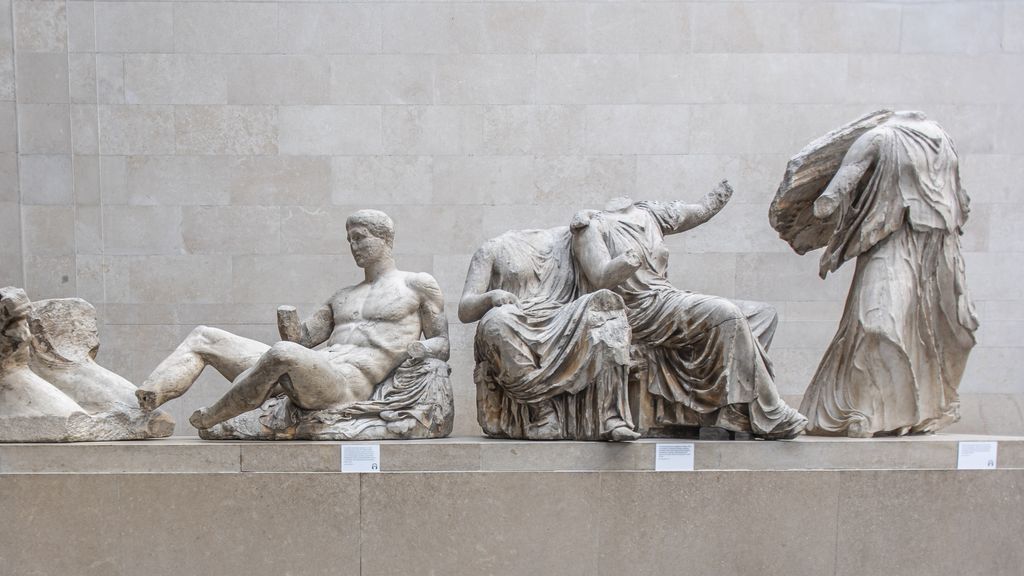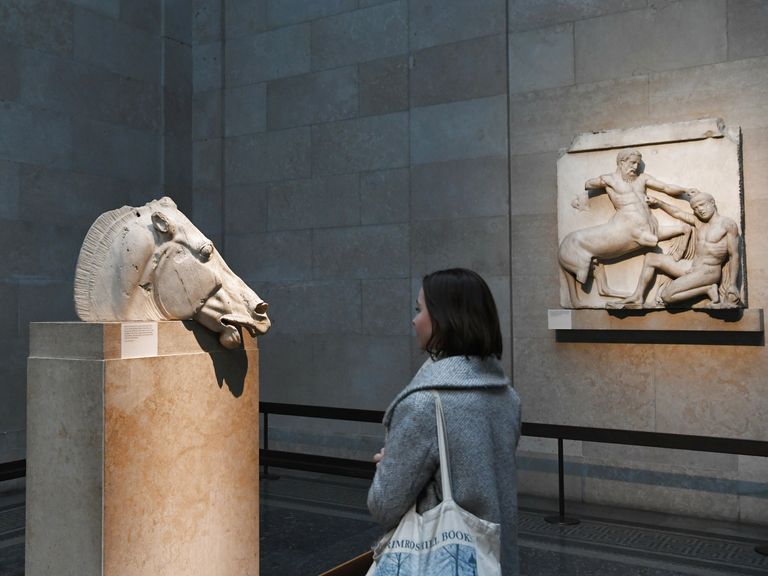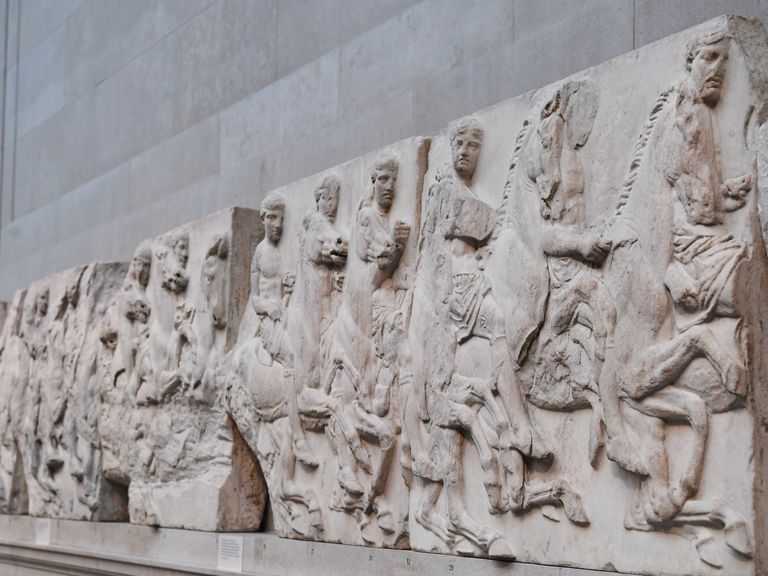
Noor Photo
NOS News•
The British Museum has been holding secret talks with Greece about the future of the world-famous Parthenon sculptures. According to Greek newspaper Ta Nea, talks between the London museum where the sculptures hang and the Greek prime minister are at an “advanced stage”.
The marble carvings, also known as Elgin Marbles, come from the temple on the Acropolis in Athens and are part of a frieze. About half are on display in the Acropolis Museum, and the other half in the British Museum. Greece has been trying to restore art for decades.
According to the Greek newspaper, secret talks have taken place since November last year between Prime Minister Mitsotakis and the director of the museum, Osborne, in London. At the time, the paper writes, these conversations were still exploratory. The two were meeting again this week.
Remarkable progress
Sources tell the newspaper that “significant progress” has been made and that an agreement is imminent. “The agreement is 90 percent complete, but they haven’t decided yet on the 10 percent. That will be difficult, but not impossible.” In June, Osborne said he was open to a deal with Greece.
One consequence may be that, in return for the restitution, the British Museum will lend Greek masterpieces that would otherwise not have left the country. Another solution is joint ownership of the lots, although it seems unlikely that the Greeks would agree.
-
Environmental Protection Agency
Fragments of the Elgin Marbles in the British Museum -
Environmental Protection Agency
Fragments of the Elgin Marbles in the British Museum
In 1801, the sculptures were taken from the temple in Athens, according to the British Lord Elgin, with the permission of the sultan of the Ottoman Empire, of which Greece was a part at that time. Years later Elgin sold them to the British government, after which they ended up in the British Museum.
According to the Greeks, Elgin illegally cut the sculptures from the temple and they were looted. The case is thus one of the best-known examples in the controversy over art illegally acquired by Europeans in colonial times.
Much of this looted art can be seen in the British Museum. For example, Egypt has also been trying in vain for a long time to become famous Rosetta Stone recovery. The museum said earlier that it did not want to dismantle the collection, as it was against the law prohibiting the export of artifacts.
In recent years, more and more museums in Europe have shown their willingness to return looted art pieces. For example, the German government and a museum in London decided to use the famous Bronze boys Back to Nigeria. This discussion is also taking place in the Netherlands, but little work has been done to return looted art to the former colonies.

“Infuriatingly humble social media buff. Twitter advocate. Writer. Internet nerd.”










